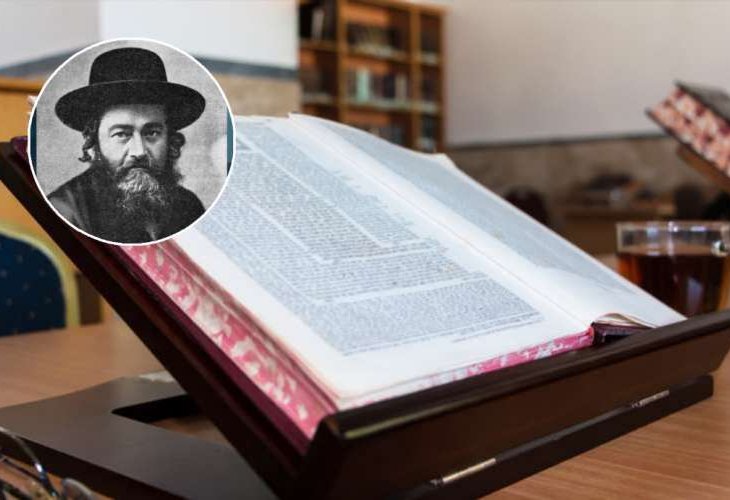Torah Personalities
The Legacy of Rabbi Meir Shapiro of Lublin
The visionary behind the Daf Yomi and founder of Yeshivat Chachmei Lublin, Rabbi Yehuda Meir Shapiro forever changed how Torah is learned around the world

A Life of Torah and Public Leadership
Rabbi Yehuda Meir Shapiro was born in 1887 in northern Romania. After his marriage, he moved to Galicia, where he initially dedicated himself to full-time Torah study, supported by his father-in-law. With the blessing of his mentor, the Rebbe of Chortkov, Rabbi Shapiro later began serving in rabbinic roles across several Galician communities.
In 1922, he was elected to the Polish Sejm (parliament) as a representative of Agudat Yisrael, where he also served as the organization’s president in Poland. His involvement in public life reflected a broader vision: one that blended Torah learning, community leadership, and a deep love for the Jewish people.
Though Rabbi Shapiro and his wife were not blessed with children, he often said he had "two children": the daf (folio) and the yeshiva (academy).
The Birth of the Daf Yomi
The daf referred to the Daf Yomi, Rabbi Shapiro’s most famous and enduring initiative. Introduced in 1923, the Daf Yomi created a system in which Jews around the world would study one page of Talmud each day and complete the entire Talmud in just over seven years.
Though initially met with some opposition from rabbis who questioned the feasibility of the plan, others passionately supported it. The Rebbe of Ger was among the most prominent advocates, encouraging widespread participation. Over time, the Daf Yomi grew into a global phenomenon, transforming Jewish learning and unity. Today, it connects tens of thousands of learners daily.
Yeshivat Chachmei Lublin: A Dream Realized
The yeshiva Rabbi Shapiro referred to was Yeshivat Chachmei Lublin, one of the most ambitious and influential Torah institutions of its time. While serving as the rabbi of Piotrków, he noticed an empty plot of land and envisioned a yeshiva that would not only teach Torah but also provide students with housing and warm meals, rare comforts in that era.
Established in 1930, the yeshiva became famous for its high standards and its commitment to producing Torah scholars. Tragically, during World War II, the Nazis destroyed the yeshiva's books and property in 1940, bringing its operations to a devastating halt.
A Short Life, A Lasting Impact
Rabbi Meir Shapiro passed away at just 46 years old on the 7th of Cheshvan, 1933, after contracting typhus. About 25 years later, his remains were reinterred in Jerusalem, on Har HaMenuchot.
Though his life was brief, Rabbi Meir Shapiro’s contributions to Jewish life were monumental. Through the Daf Yomi and Yeshivat Chachmei Lublin, he not only revolutionized how Torah is studied but also gave generations of Jews a shared framework of learning and connection.

